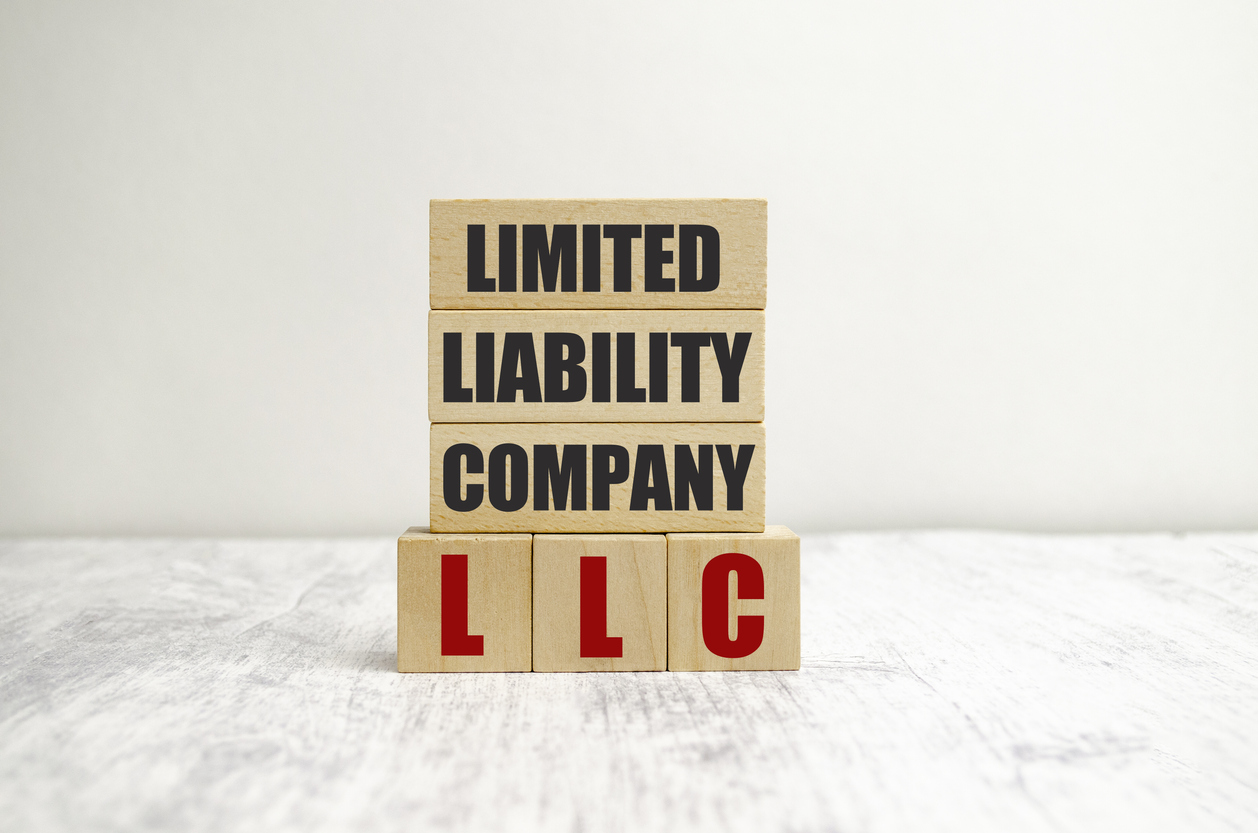Choosing the correct business structure is one of the entrepreneurs' most important considerations when starting a firm.
Many businesses begin as sole proprietorships because it is a low-cost business structure that is simple to set up. It is appropriate for people who own small enterprises. Moreover, sole proprietorships and some partnerships don’t have a separate legal identity.
Other business structures like corporations and limited liability companies (LLC) are juristic persons. This implies that the business and owners are separate. Therefore, the owner's assets are typically protected and may not be used to settle the company's debts.
Characteristics Of An LLC
The LLC is one of the more popular business structures. It's easier to establish than a corporation because it requires less paperwork and has fewer regulatory requirements.
An LLC has features of a sole proprietorship, like similar taxation structures, and a corporation, such as limited liability. Similar to sole proprietorship and corporation, LLC also offers greater flexibility for investors because owners or members can choose how they’re taxed. Thus, it is termed by some people as a hybrid management structure.
LLCs can be formed in several countries, regions, or states. Every jurisdiction has its regulations regarding the formation and management of LLCs. Most regions or states don't restrict ownership. Therefore, anyone can be a member of an LLC—including foreigners, foreign entities, corporations, and other LLCs.
Pros Of LLCs
When deciding which management structure is ideal for your company, you must carefully examine each option's benefits and drawbacks. LLCs should not be an exception. Here's a quick rundown to create an LLC.
- Low Costs: Fees for forming an LLC are significantly cheaper than those for forming a corporation. This may be your ideal structure if you don't want to invest much money in your firm initially.
- Limited Liability: LLCs have their own legal personality. As mentioned, this implies that the owner's assets will not be at risk if the company fails. Creditors will not be allowed to seize your assets to repay them. This extra layer of protection provided by LLCs makes them an appealing option for many entrepreneurs.
- Flexibility: An LLC provides far greater freedom for the members since they can decide how to divide their earnings. Furthermore, LLC owners can all be active in their company's day-to-day operations or administration.
Cons Of LLCs
- Limited life: It's important to note that LLCs are not meant to be there forever. The entity will cease to exist whenever the members of the LLC die or split. That's unless the owners include provisions in their operating agreements that ensure the LLC's survival even when not engaged in the business operations.
- Self-employment taxes: LLC members are considered self-employed. Therefore, they are expected to pay self-employment taxes. This implies that the LLCs income is ultimately subject to tax. However, if it makes more financial sense, LLC members might elect to be taxed as corporations.
It's essential to take note of the pros and cons above. You'll need further research to determine if the LLC management structure will work for you.
Steps To Form An LLC
As mentioned above, each region, state, or country will have different rules and requirements regarding LLC formation. Once you've decided and are ready to begin, below is an overview of the steps to create an LLC:
1 - Choose A Name
The first step is to choose a name for the entity. This can be challenging, especially since your company name will be the face of your brand.
Business names must meet state requirements. Generally, business names are prohibited from using the same name. Hence, your desired business name must be unique and meet the relevant state criteria.
2 - Find A Registered Agent
The next step is to designate or find a registered agent to receive legal papers on behalf of the LLC. You can appoint yourself, an employee, or another person you trust as a registered agent. If you become a registered agent, understand the local legislation. You'll need to know them to handle the legal paperwork to meet compliance.
3 - Get Articles Of Organization
To register your business, you must get forms for articles of organization from the appropriate body in your state or country. This form is typically available on the website of the appropriate agency. However, you might obtain them directly from a local office.
The next step is for you to fill out these forms. Every state or nation works with different criteria, such as the business name, the purpose of the company, the business address, and contact information, among other things. After you finish the documents, the LLC owners must sign off.
4 - File Articles Of Organization
Once your forms or files are ready, submit them to the relevant body for processing and approval. You'll likely be required to pay a filing fee. These fees differ from state to state. Once your documents have been verified and approved, you will receive a certificate for formal registration. You'll need it when setting up bank accounts and sorting out your tax documentation.
5 - Establish The Operating Agreement
Some states or areas may or may not need this. Nonetheless, this agreement emphasizes LLC members' legal, financial, and managerial rights. The operating agreement specifies how the LLC will work. It specifies how earnings will be distributed, how members will join or leave the LLC, and capital contributions, among other things.
The above steps are merely an overview of establishing an LLC. The legal process of starting one in your own country or state may differ. So, confirming your state laws is vital before creating an LLC.
Conclusion
LLCs are great organizational structures because they give owners protection, flexibility, and tax advantages. They're also relatively easy and inexpensive to establish. Anyone can establish an LLC. But they're best suited for smaller firms. Nevertheless, it is best to check with a lawyer first to see whether this is the best management structure for your company.









